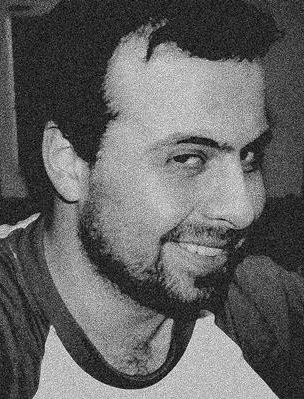This article will explore some tips and techniques that will help you create song lyrics that are indeed your own. You do not want another “Blurred Lines” case on your hands, where we saw how the consequences of accidental plagiarism could be detrimental. So learn about copyright laws and some valuable insights to write songs on a new level.
Understanding Song Lyrics Copyright Laws
Copyright is a legal term that gives exclusive rights to creators of original work. This includes songs, music, and lyrics. In some countries, such as the United States, copyright protection is automatic once the work has been created. However, many people might want to detect plagiarism in their lyrics as one can accidentally copy some songs. For such purposes, use fixgerald.com, which can help you fix grammar mistakes. Utilizing this plagiarism checker saves you the time it would take to research all bits and pieces of your song. If you use other sources for inspiration, remember to credit them.
That said, if you use some lyrics from an original song or piece of music, ask for the creators’ permission. If you do not do that, you might be drowning in severe legal consequences. These could include copyright infringement lawsuits or financial penalties. But remember, as soon as you produce tangible evidence of your creation, you obtain a copyright. That means you have the exclusive right to perform, distribute, and create derivative works of that piece.
Top Tips for Writing Original Lyrics and Avoiding Plagiarism
Many songwriters run into common problems when composing music. Some of these issues include tending towards the same chord progressions and disliking the lyrics one writes. These problems might push you towards utilizing your favorite songs as inspiration, which leads to a piece too similar to the original. Hence, to avoid accidental plagiarism in your songs, read the tips below.
Tip #1: Finding Inspiration Without Copying
Instead of drawing inspiration from the music you are constantly exposed to, fire up your other senses. For example, consider reading books, smelling things more often, and walking outside to spark new ideas. While this might not immediately bring concepts to mind, it might refresh your thought process. Another technique to consider is finding your unique voice. What makes you stand out among other people as a writer? Dive into details about your experiences, cultural influences, or how you perceive the world. However, if all else fails, you can take a familiar theme and approach it from a different perspective.
Tip #2: Learning How to Write Original Song Lyrics
Many chords and lyrics were accused of plagiarism, from Miley Cyrus to Kendrick Lamar. However, accusations about plagiarized songs might ruin the songwriter’s career and cause massive hate toward the artists. Hence, you do want to avoid such situations by using the tips below:
- Freewriting and brainstorming. Freewriting is writing without stopping, not even setting a period. Brainstorming involves generating ideas related to the topic you want to address. Both these techniques can allow you to draw fresh ideas.
- Consider using metaphors and similes. Refrain from being tempted to base the entire song on analogies. However, occasionally using a few literary devices can add to complex emotions and concepts. This makes the topics resonate better with listeners.
- Collaborate with other artists. If you are struggling with a long-term mental block, contact other professionals. Combine your strengths and perspectives. This can push both of you outside your comfort zone, inspiring you to write in exciting new ways.
Tip #3: Refine Your Writing Process
The refining process is your way to creating high-quality lyrics. First of all, make sure you edit and revise your songs. When you finish your draft, ensure the clarity, coherence, and impact are up to your standards. Second of all, seek the feedback of others. Whether it is a family member or a musician, objective feedback is the best form of reviewing you can access.
Lastly, incorporate different techniques and emotions. For instance, do you know what’s an accidental in music? It is a symbol placed before a note to indicate that this portion should be played in a different note. These symbols include the sharp (♯), flat (♭), and natural (♮) signs. Hence, consider adding other musical techniques to boost your song. Another option is being more transparent with your audience. Draw from your emotions and try to portray the feelings you want to convey.
Final Thoughts
Writing lyrics without plagiarism is possibly the most important goal you should aim for. You can avoid falling into accidental plagiarism by exploring inspiration, understanding copyright, and using the techniques above.
Remember, there is no shame in using other pieces for inspiration. However, there is a limit to it. Hence, revise your masterpiece, ask others for feedback, and you won’t be labeled as another plagiarism song. Aim to find your unique voice, and you’ll be set on your way!
Author's Bio
Larry Smith is an experienced songwriter and music theory graduate. His passion for music drove him to help other amateurs navigate the complex world of writing lyrics. He sends authentic and impactful messages through Larry’s knowledge and deep understanding of music creation.
































